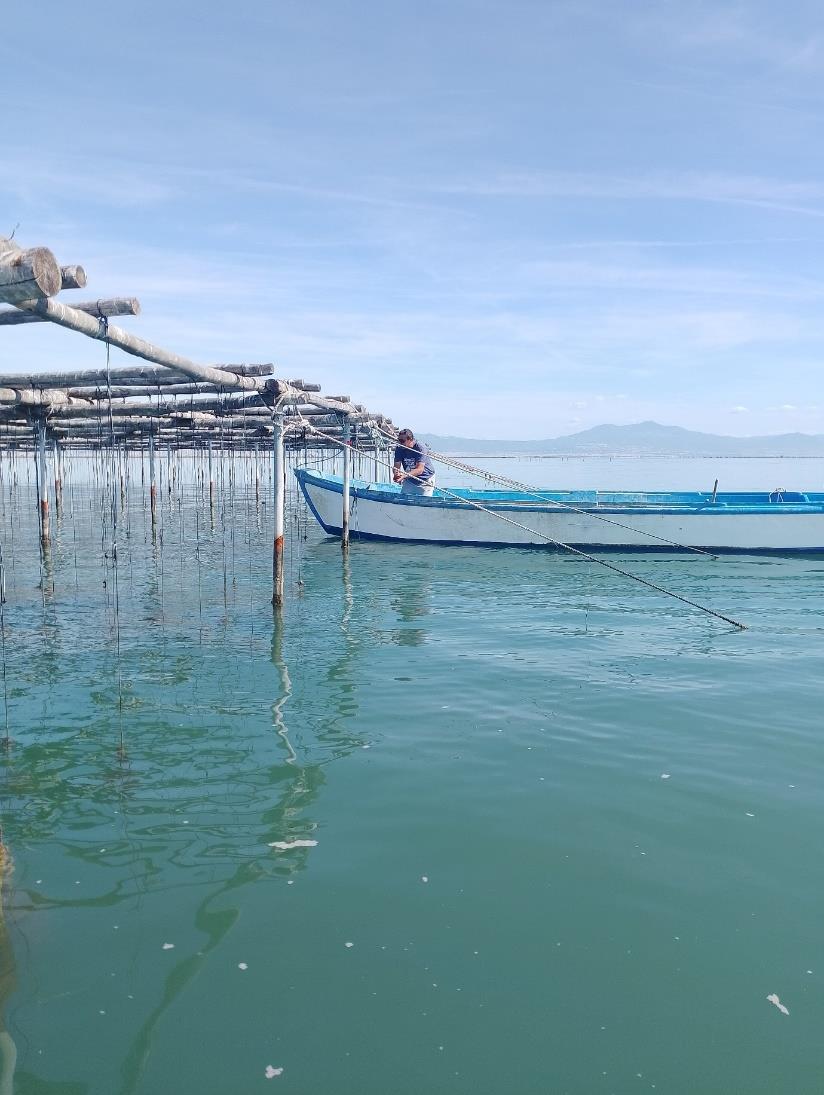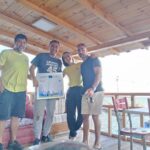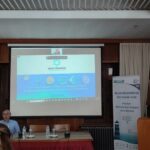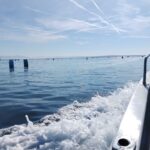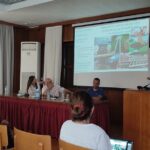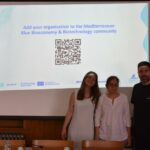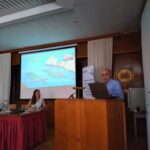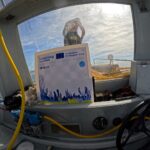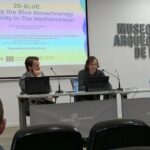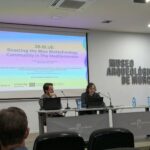Athens, December 16, 2024. First transformative 2B-BLUE laboratory in Greece: Boosting blue biotechnology in the Mediterranean organised by HCMR.
A co-design workshop, co-organized with BlueMissionMed and Blue Ecosystem (Interreg Euro-Med), laid the groundwork for implementing Multi-Trophic Aquaculture as a pilot solution for water and sediment bioremediation and increased aquaculture productivity. Stakeholders emphasized the importance of overcoming regulatory barriers, improving monitoring systems, and mobilizing community support. Key performance indicators (KPIs) were discussed to measure the pilot’s success, focusing on environmental, economic, and social outcomes. This initiative represents a significant opportunity to enhance marine sustainability in Greece. By integrating innovative practices like IMTA, fostering collaboration, and building community engagement, the Blue Biotechnolgy Hub aims to create a model for sustainable aquaculture that balances ecological restoration with economic growth. The project sets the stage for broader adoption of bio-based solutions, contributing to the resilience of marine ecosystems and aligning with EU sustainability goals.
The workshop, held at the Hotel Elia Ermou in Athens on December 16, 2024, brought together 89 participants from 60 organizations, representing a diverse range of stakeholders. These included industry representatives (28%), environmental organizations (14%), academic experts (13%), government representatives (34%), and NGOs and community groups (11%). This varied mix of participants created a dynamic platform for comprehensive dialogue, fostering collaboration across multiple perspectives to address the challenges faced by the demonstration site holistically.
Focus Areas:
- Sustainable Aquaculture and Bioremediation: The Greek Blue Biotechnolgy Hub is investigating natural populations of lower trophic level species (e.g. holothurian), within mussel farm areas. By integrating mussels and holothurians into a Multi-Trophic Aquaculture system, the project aims to enhance sediment bioremediation, diversify production, increase aquaculture productivity, and add value to the sector.
- Restorative Aquaculture Approach: The initiative will assess the feasibility of IMTA from management, economic, and environmental perspectives, while mobilizing the local community to adopt and benefit from this sustainable model

